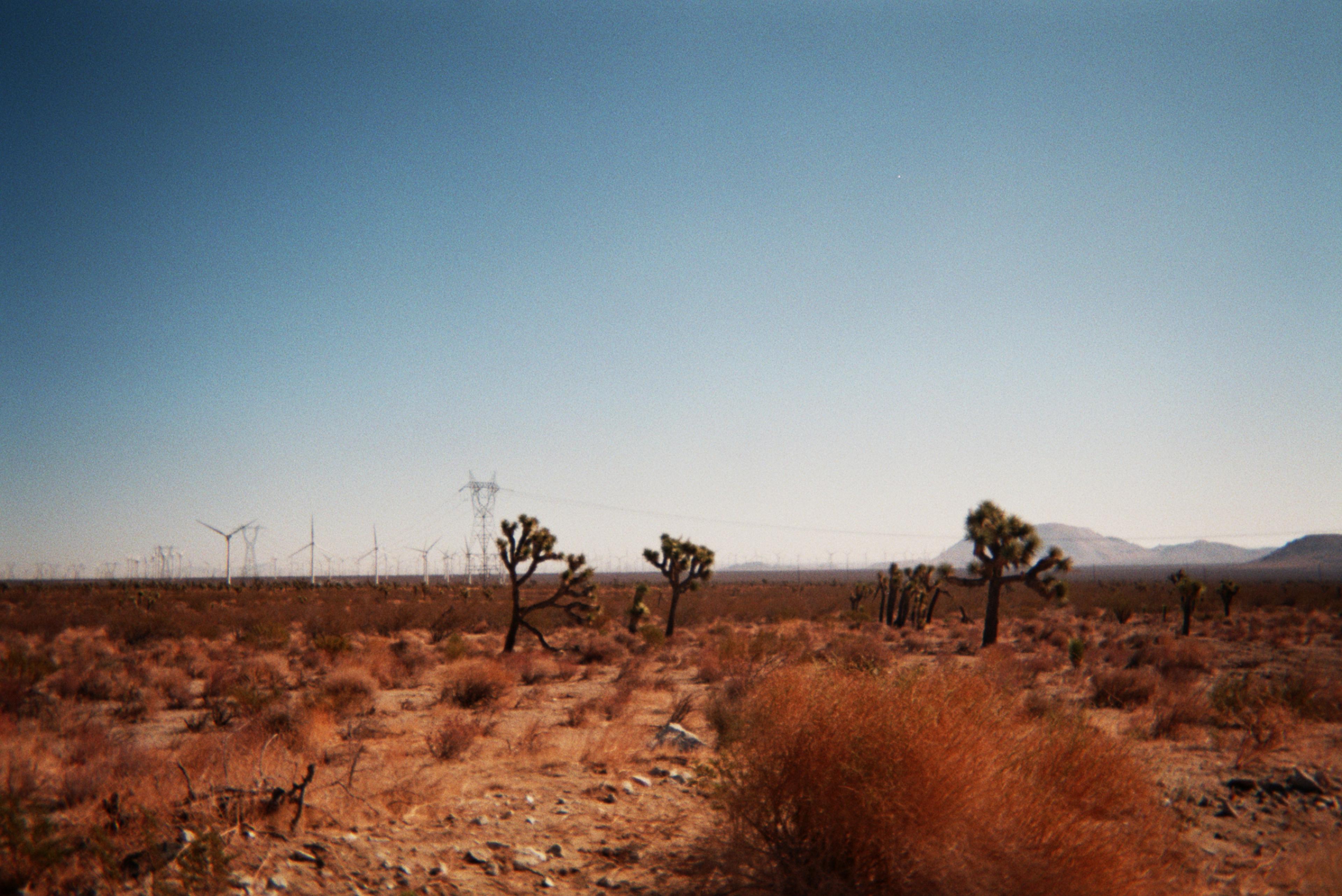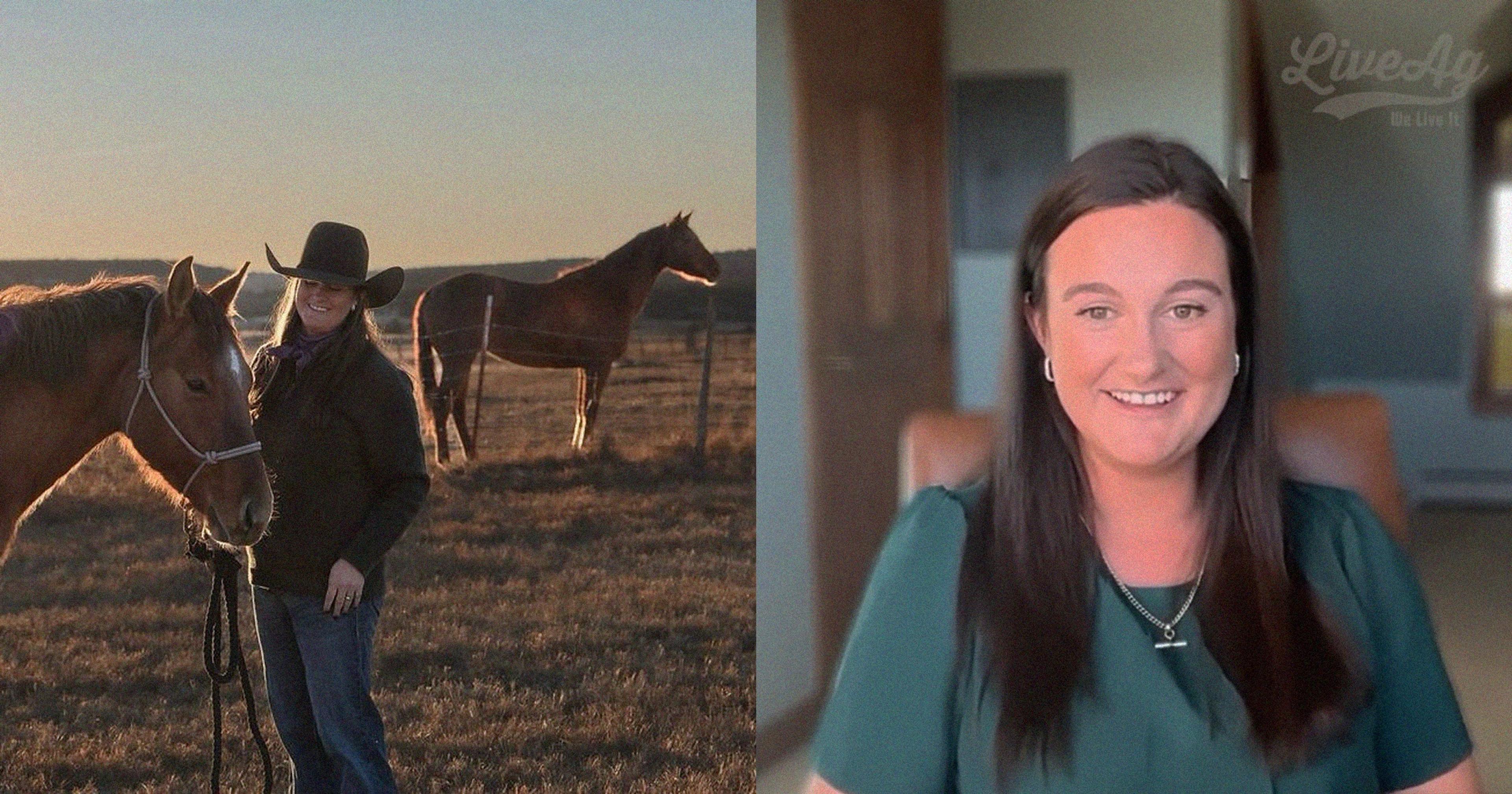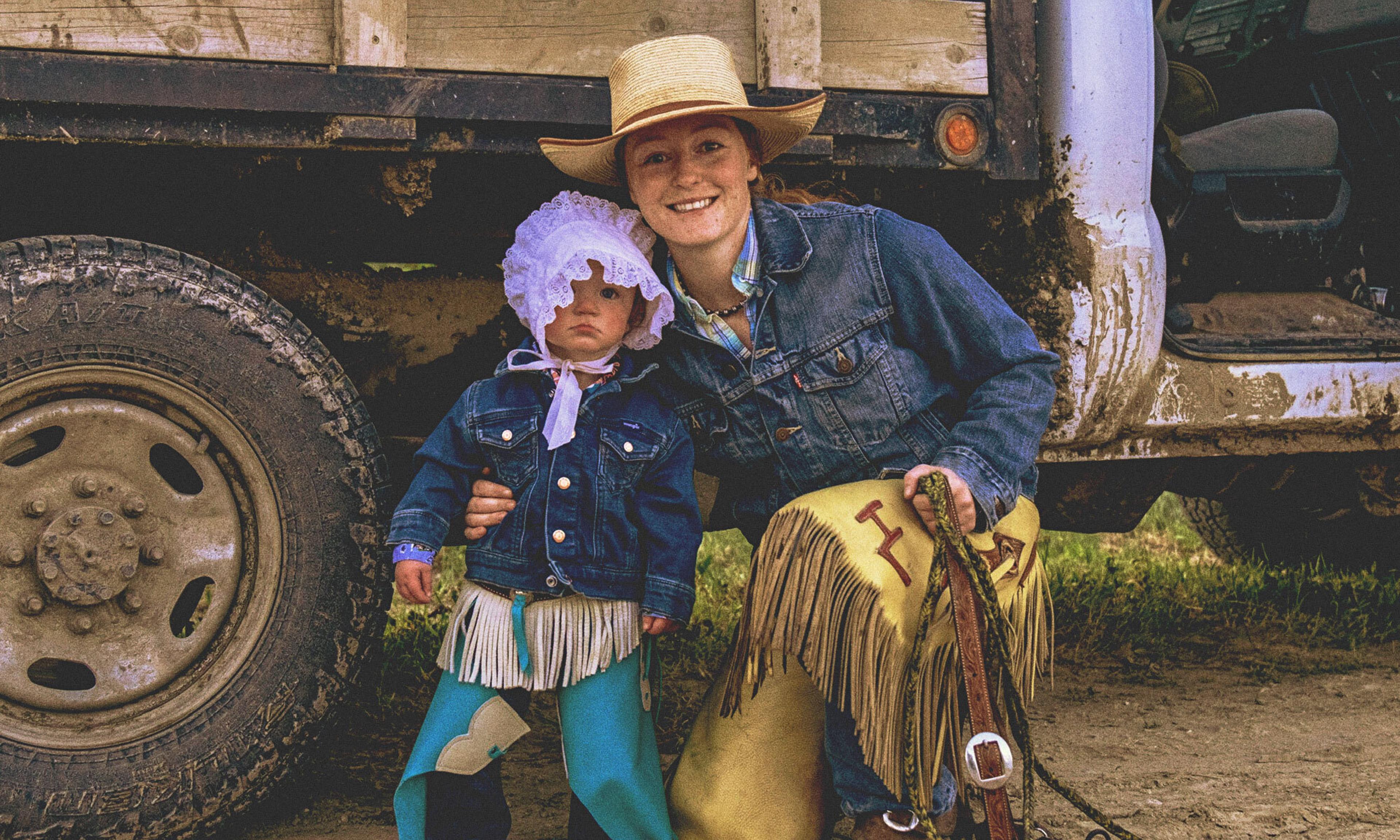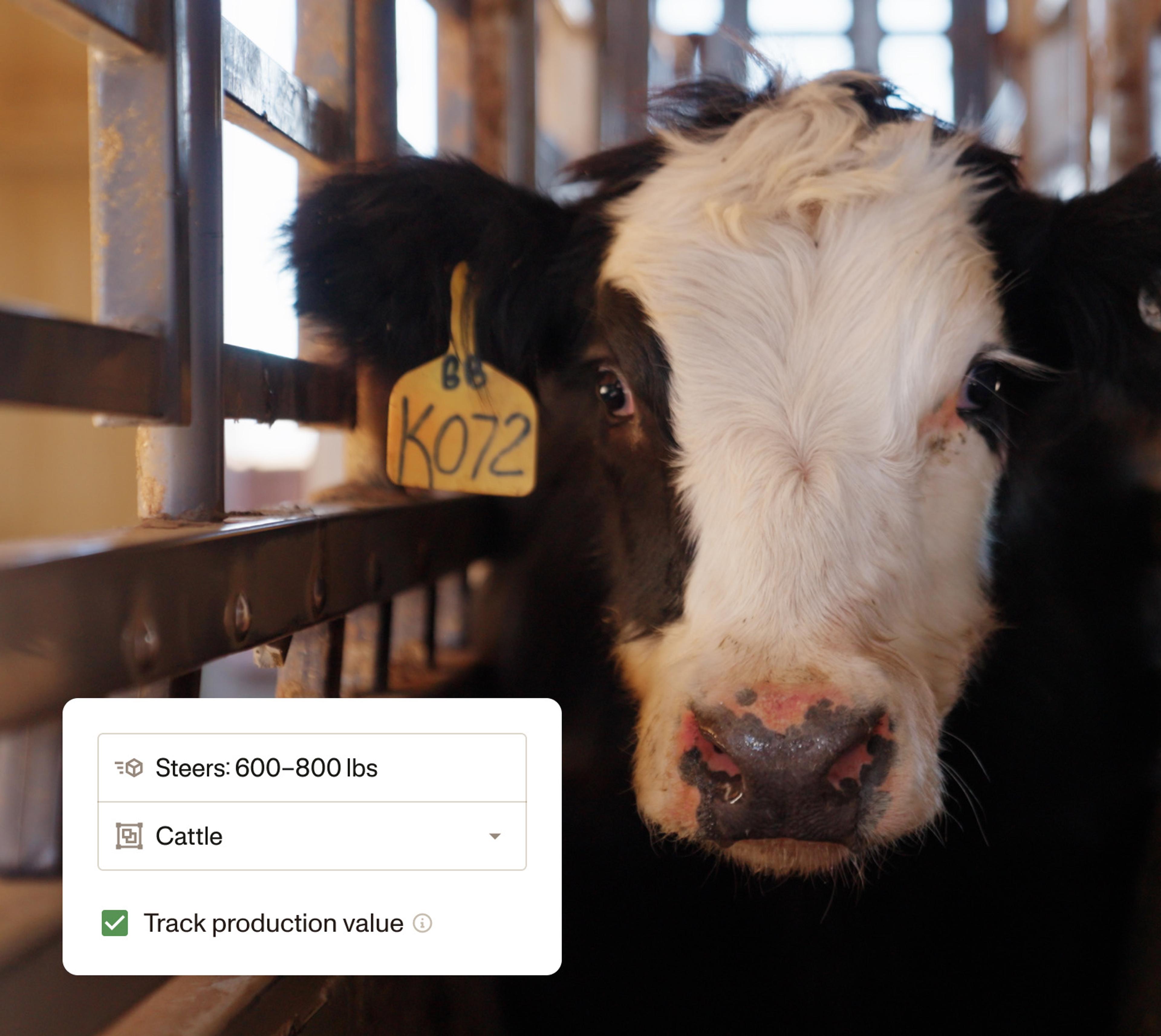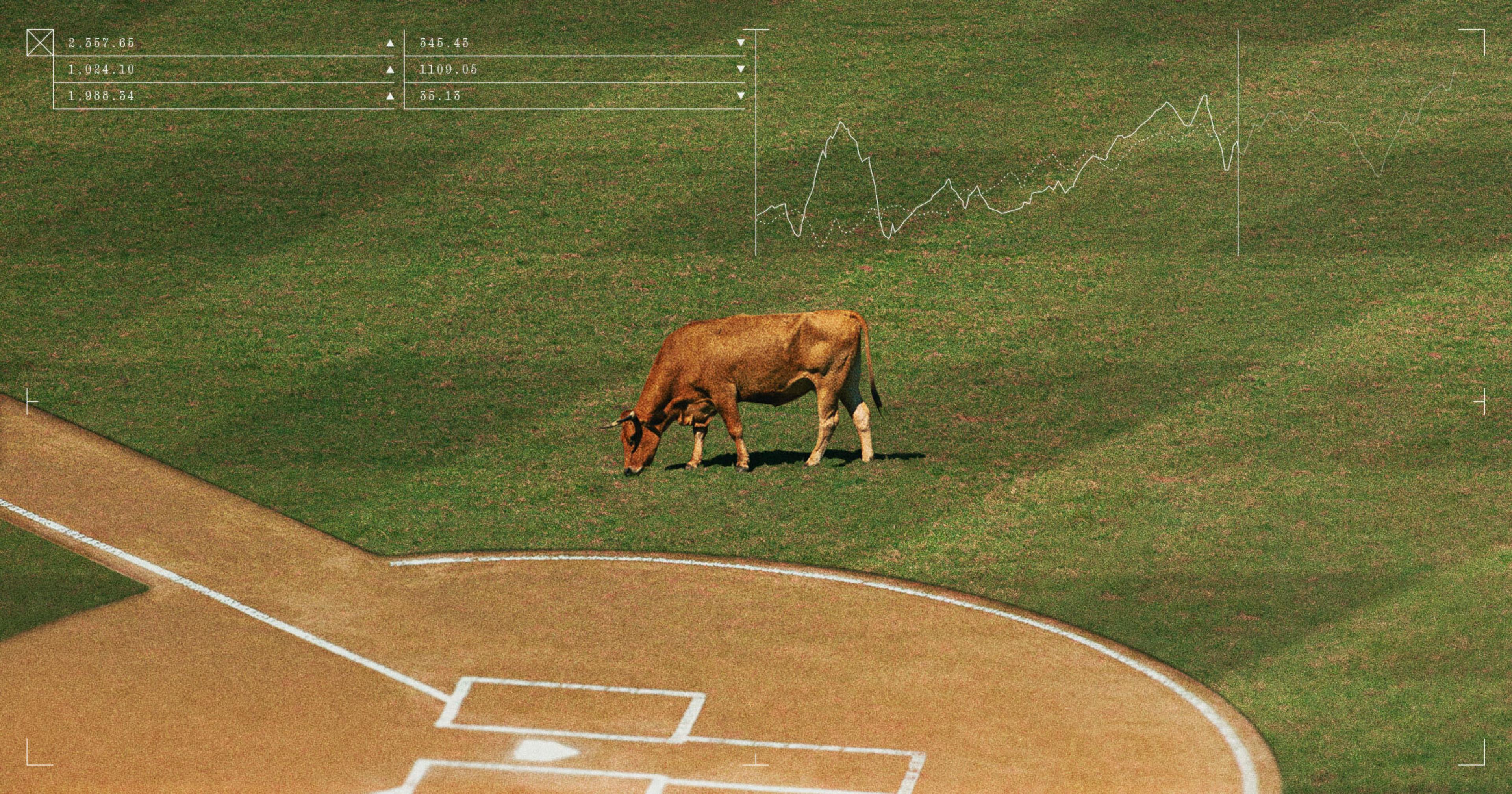Windswept Ranch is an animal rescue and education center, but Ambrook was still able to help find them agricultural funding because of their fiber sales.
Windswept Ranch is the home of an unlikely menagerie of exotic animals nestled in the dry southern end of California’s Central Valley. Director Diana Frieling started the ranch when she rescued a family of fallow deer that were confiscated elsewhere during a California Department of Fish and Wildlife (CDFW) raid. She now provides homes to abandoned and rescued animals of all kinds, leads educational tours for families, and even lends her animals out to be featured in TV shows, movies and soundtracks. The COVID-19 pandemic lockdowns were devastating to the ranch, because the animals still needed to be fed and watered every day while most of the ranch’s normal income was gone. By the time the Ambrook team visited in late 2021, it seemed like the worst was over—with the help of dedicated volunteers and an assist from Ambrook to get federal agricultural funding for her fiber sales, Diana and all her animals made it through to the other side.
To get to Windswept Ranch, we drive through an incongruous flat desert landscape of wind turbines and Joshua trees, turn off onto a rocky but well-worn dirt road and go through a rustic wooden gate bearing the ranch’s name. Beyond the gate, we are greeted by a friendly press of rescue dogs who have free reign over the property. Later, Diana would tell us that she has too many, but it’s not in her nature to turn them away. Diana’s compassion is the thread that runs strongest through the story of Windswept Ranch, but she doesn’t shy away from telling visitors, especially children, about the hard work that goes into caring for animals of all kinds.
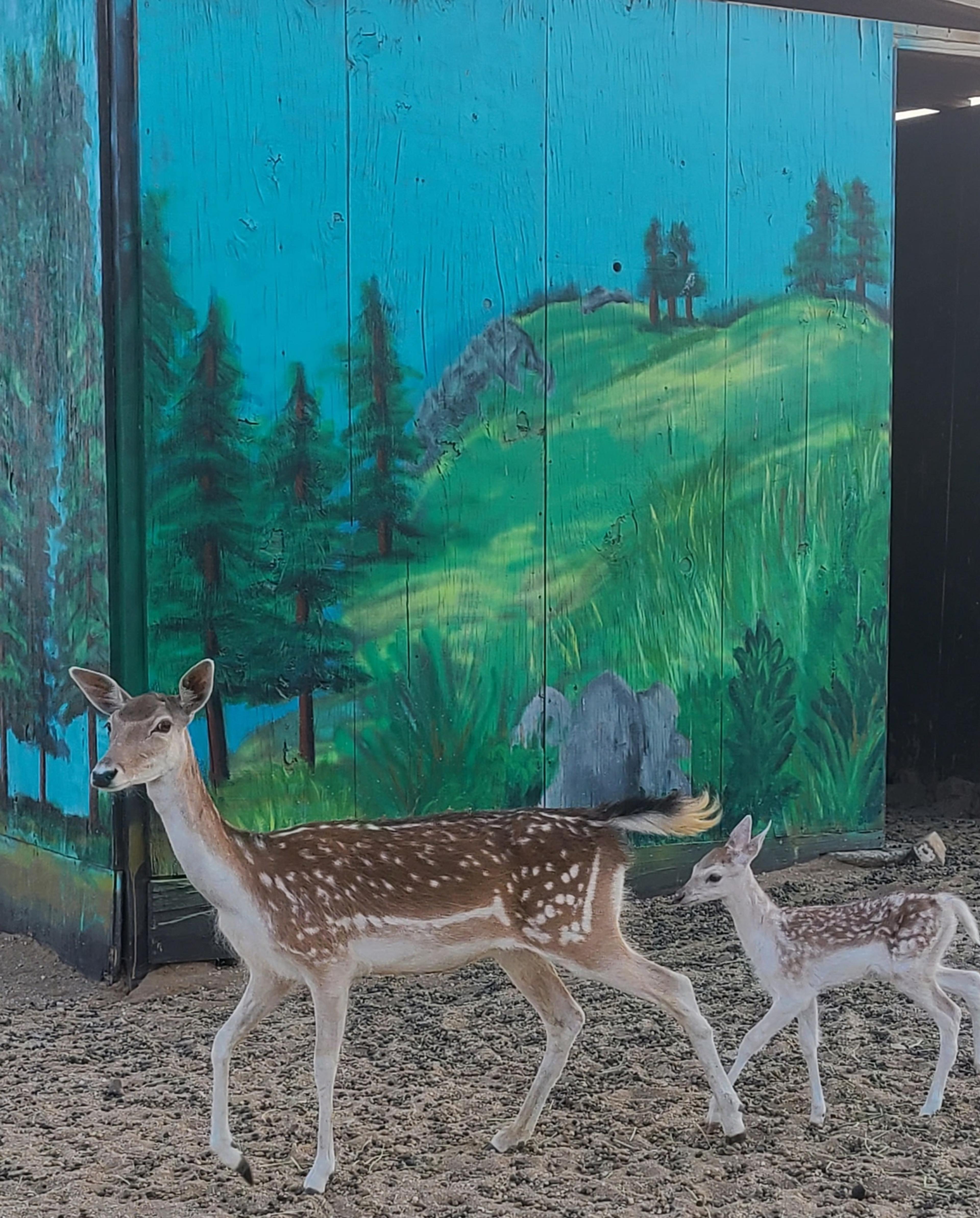
The tour begins at an enclosure full of fallow deer, the same species as the first animals Diana rescued back in 1997. Indeed, adopting those deer is what led Diana to become one of the very few people in the state allowed to care for exotic animals (known to the CDFW as “restricted species”), and that licensure is what makes Windswept Ranch unique among similar operations. Diana recalls the conversation she had with her husband at the time: “My husband said, ‘You better figure out how to pay for this,’ and my answer was ‘Buy more animals!’” That’s when I got into reindeer. And it was just a blessing because if I hadn’t taken on those fallow deer, I never would have qualified for the reindeer.”
“My husband said, ‘You better figure out how to pay for this,’ and my answer was ‘Buy more animals!’”
The eleven reindeer of Windswept Ranch—more than enough to pull Santa’s sleigh!—hold special status on the ranch because the income they earn goes a long way to providing for the needs of the rest of the animals. Every winter, Diana and her crew pack the reindeer into trailers and tour the length of California. The reindeer of Windswept Ranch grace holiday markets and tree lightings from Redding to San Diego. In fact, if you have ever seen a reindeer in California, it was likely one of Diana’s—her eleven make up more than two-thirds of the only seventeen reindeer known to be in the entire state. Diana has a special love for Christmas and the place that animals have in its traditions. In the months after our visit, she achieved a longstanding dream of having a live nativity scene on the ranch—complete with two donkey companions named Frank and Incense and a camel named Murray.
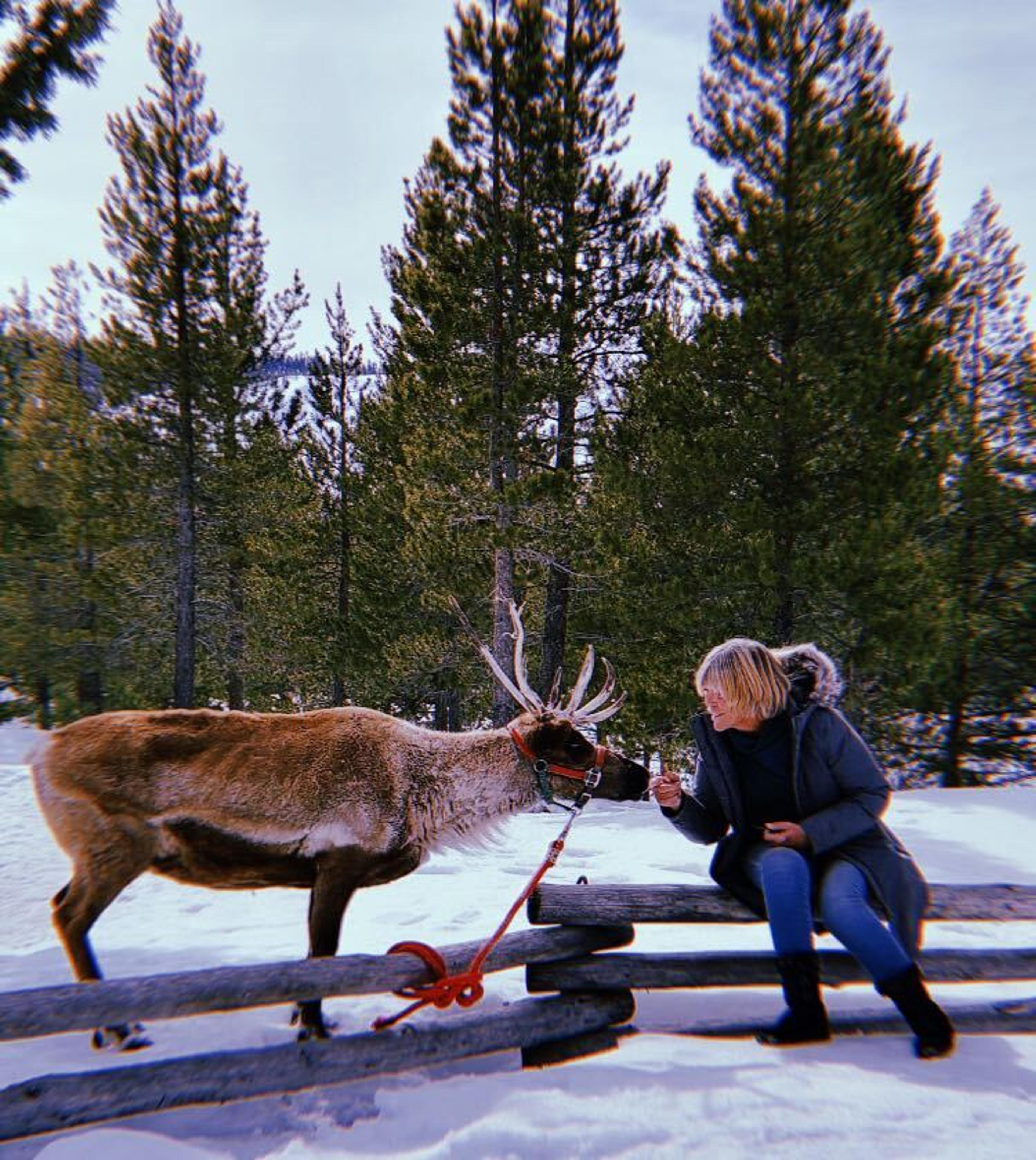
As the tour continues we are introduced to an astonishing variety of animals, many of which we had never heard of, let alone seen, even at a zoo. From flop-haired highland cattle, white buffalo, llamas, alpacas, and a coveted Mieshan pig to a domesticated wild boar that hikers took from a national park and tried to raise as a pet before giving up and surrendering it to Windswept Ranch. Not to mention a proud pair of emus, an Indonesian humped bovine called a zebu, donkeys, sheep, goats, camels, and even a regal-looking guanaco—a camelid cousin of llamas that are rarely domesticated.
“Every [animal] has special gifts that make them able to survive in their particular area.”
Diana delights in telling us about each animal’s provenance and special traits. “It’s amazing how well engineered animals are. They’re just perfect for where they come from. Every single one of them has special gifts that make them able to survive in their particular area,” she tells us in between the brays of a fussy donkey. According to Diana, he’s upset because he doesn’t have a girlfriend.
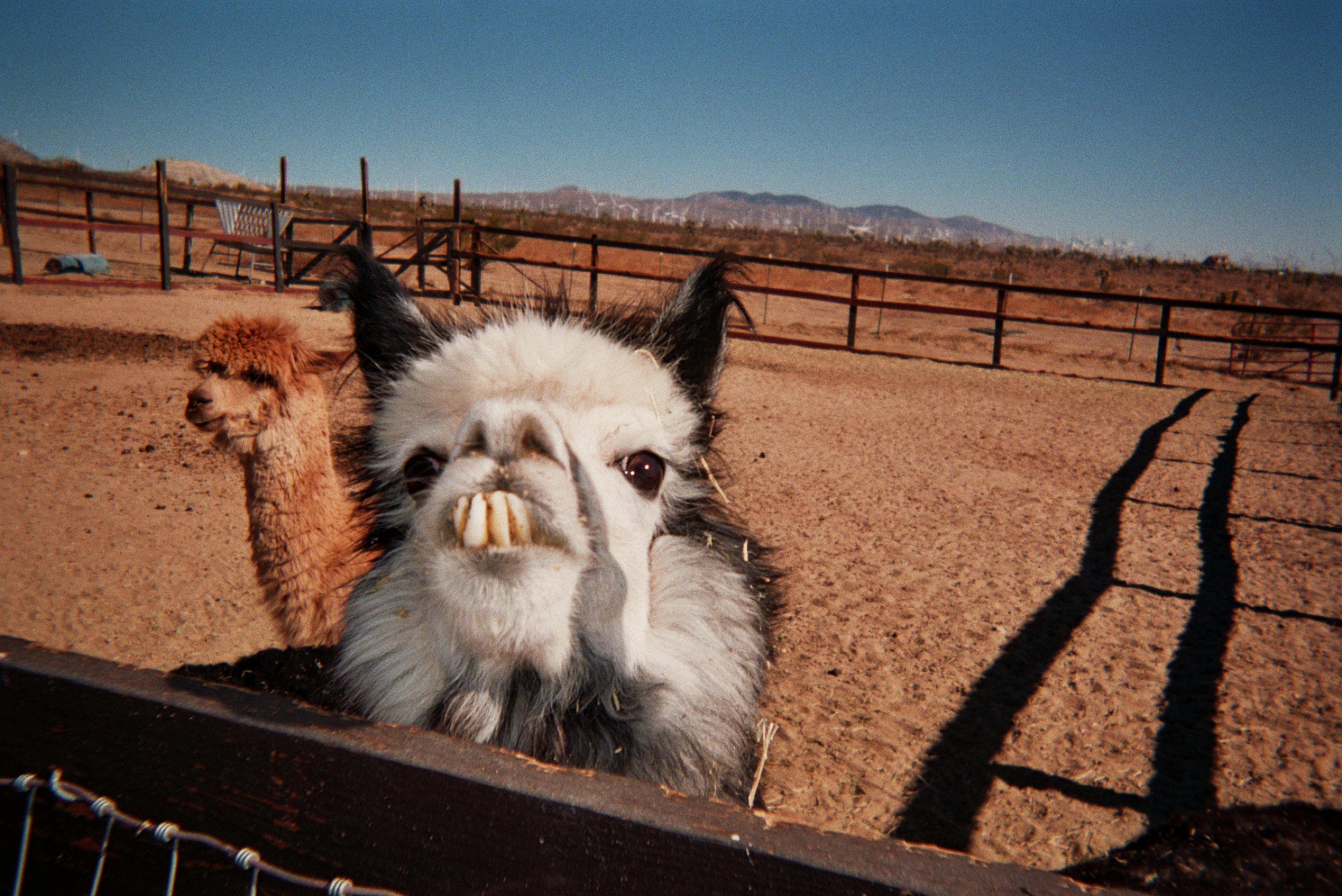
Aside from the hectic winter period, Diana and the animals spend their days teaching about animal husbandry, biology, and responsibility. These tours are a source of income, but Diana also loves how the environment brings people together. “Usually people come and they just stay forever. Its people from all over the place and they end up here and they end up all being friends, you know, they’re sitting at the tables talking and just everybody ends up being friends. It’s really fun to watch. It’s really relaxing.” Aside from the tours and the reindeer, Windswept Ranch makes money from camel rides, a petting zoo, media studios who want to film animals or record animal sounds, and by occasionally shearing the bison, camels, sheep, and alpacas for fiber. It was those fiber sales that qualified Windswept Ranch for a Coronavirus Food Assistance Program grant, even though it’s not the kind of operation that most people think of when they think about agriculture.
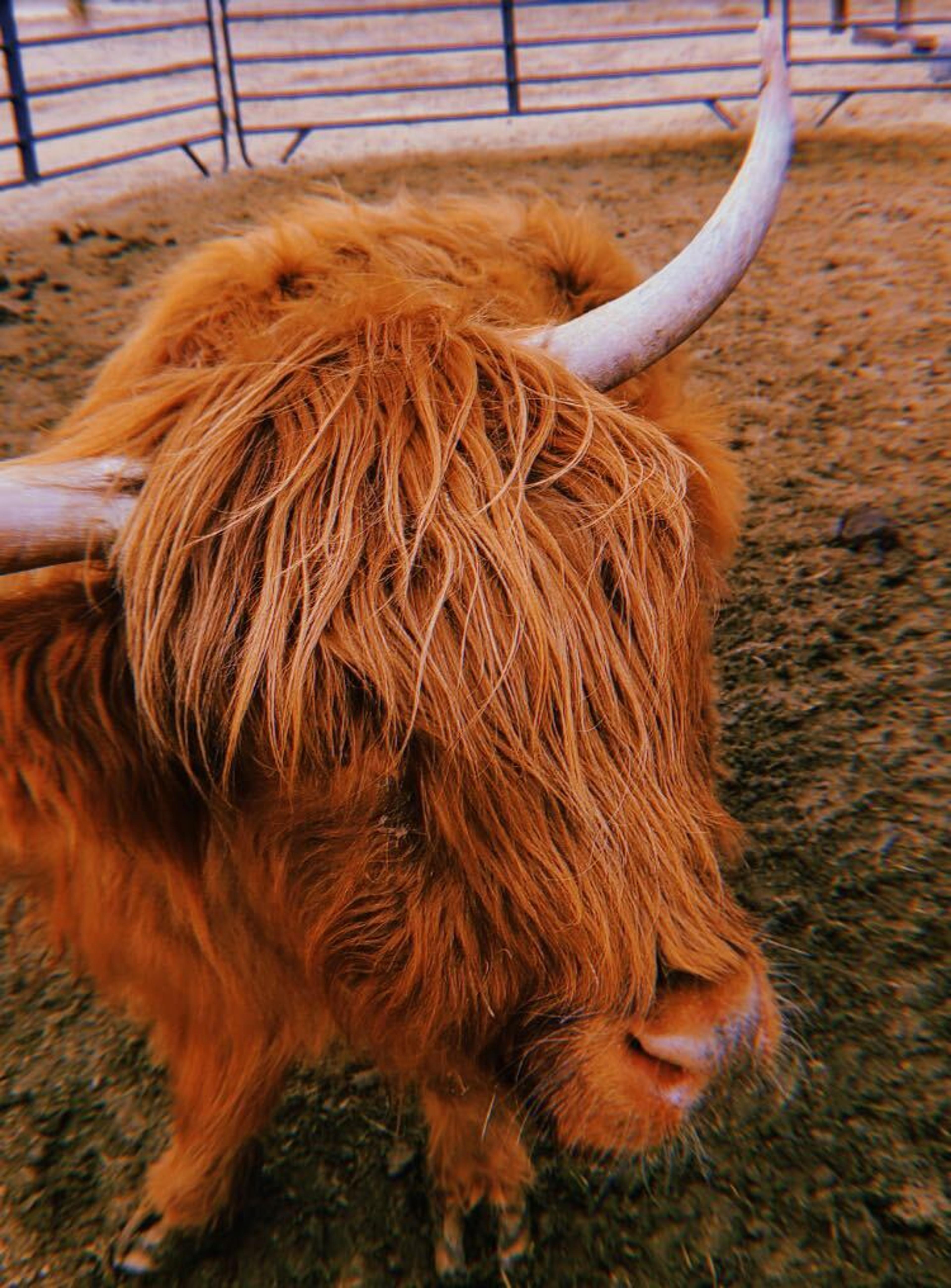
At Windswept Ranch, and more generally in the Central Valley, nothing is more important than water. “Water is everything here. I spend 3 or 4 hours of every day hauling water…water is life,” Diana answers when we ask about how her time is spent. There is no well on the property and, given the state of the local water table, digging one would be an expensive gamble with long odds. While we are talking, a reindeer manages to knock an open hose out of his trough, spilling a few gallons of water into the dirt before Diana and her assistant leap into action to replace it. Diana has watched as her neighbors, multi-generational alfalfa and livestock farmers, one-by-one gave up and moved away after years of insufficient water allocations. “So many of my friends are out of business,” she laments, “they just had to sell their animals and get out, but I’m too stubborn to do that.” The pandemic would test her resolve even further.
“Water is everything here. I spend 3 or 4 hours of every day hauling water…water is life.”
When the COVID-19 pandemic arrived in the spring of 2020, all of Windswept Ranch’s sources of income were shut down. “During COVID I lost a quarter of a million dollars in income,” Diana says, “And [the animals] still have to eat every day. You know, it’s not like you can close the door, lay off people and turn off the electricity and then come back later. They remind me every morning that they got to eat.” She trails off as she tells us that with her current flock, feed and water costs about $4,000 a month, and, “Even when you’re making money that’s a lot of money, but when you are literally not making anything…” Just keeping the animals alive wiped out Windswept Ranch’s cash reserves. Diana found Ambrook during that time and was grateful to have help applying for CFAP, which provided a welcome cushion of funding at a time when no other income was forthcoming. She is no stranger to interacting with the government, but values Ambrook’s services because, in her words, “Nobody has time to sit down and spend hours and hours and hours online looking for a grant. Yeah, I don’t have that. I’m busy getting water.”
“Nobody has time to sit down and spend hours and hours and hours online looking for a grant...I’m busy getting water.”
As of the spring of 2022, Windswept Ranch is returning to a level of operations similar to what it had before the pandemic. Diana got to tour with her reindeer this winter, she’s booking camel treks for March and most importantly, Windswept Ranch is preparing to reopen its doors on the first Saturday in April. You can follow Windswept Ranch on its Facebook and Instagram pages.
